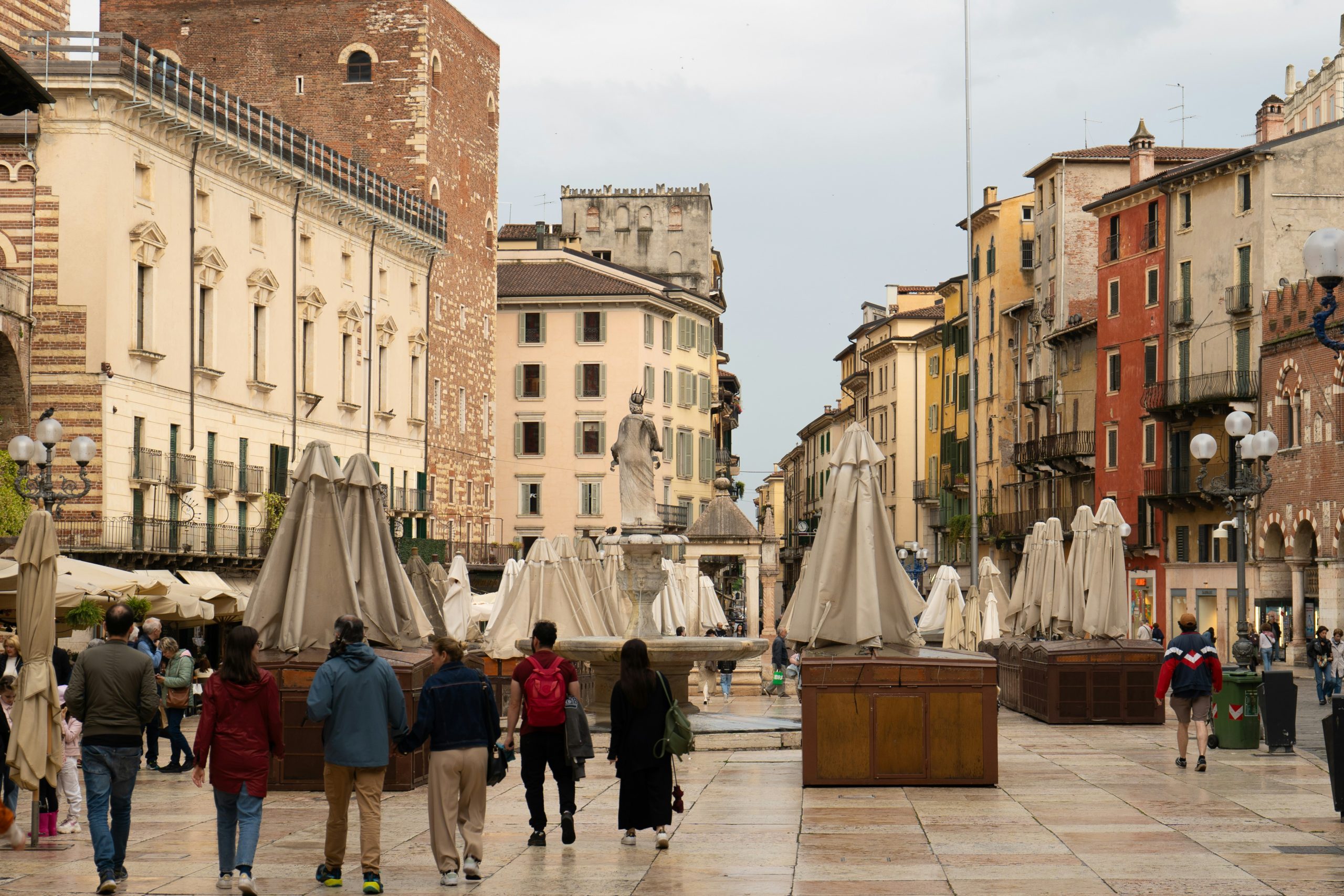Basic Italian Slang for Your Next School Trip to Italy
Traveling to Italy with your students? While textbooks and language apps are a great start, nothing beats picking up the kind of everyday slang locals actually use. Whether you're ordering gelato, chatting with a shop owner, or navigating a train station, knowing some basic Italian slang will help your group sound more natural, connect with people more easily, and spark meaningful cultural exchange.
This guide breaks down casual, friendly expressions that are perfect for student travelers and teachers looking to engage more deeply with Italy’s vibrant culture. Consider practicing a few of these before your trip, or introduce them along the way as part of your language learning experience.
1. Boh – “I don’t know”
Simple and very common, boh is used like a shrug. If a student asks a local a tough question, they might respond with “Boh!” instead of a formal “Non lo so.” It’s great for students to hear how people speak naturally.
2. Che figo! – “How cool!”
Use this when admiring a painting, a scooter, or the view from your hotel. Figo (or figa, though that version can be trickier) means cool, stylish, or impressive. Students love this one, it’s energetic and easy to say.
3. Dai! – “Come on!”
Said with encouragement or frustration, dai can mean “Let’s go!” or “Seriously?” It’s a versatile little word students can use in tons of situations, from cheering each other on to playfully pushing someone to hurry up.
4. Meno male – “Thank goodness”
Literally “less bad,” Italians use this when something turns out okay. For example, if the bus arrives just in time: “Meno male!” It’s a great expression for students to understand local perspective and tone.
5. Magari – “If only” or “Let’s hope”
Hard to translate directly, magari can mean “hopefully,” “I wish,” or “maybe.” If a student says, “Do we get to visit the Colosseum?” another might say “Magari!” It adds flair to conversations and helps learners get the rhythm of Italian speech.
6. In bocca al lupo – “Good luck” (literally: “In the wolf’s mouth”)
The Italian way to say “good luck” sounds dramatic, but it's traditional. The response is “Crepi!” or “Crepi il lupo!” - “May the wolf die!” It's a fun cultural expression perfect for exams, presentations, or big travel moments.
7. Furbo – “Clever” (but maybe too clever)
This word means clever in a sly, slightly mischievous way. If someone skips the line or finds a shortcut, Italians might call them furbo. It’s a good one to discuss in terms of values and behavior, great for classroom conversation.
8. Alla grande – “Awesome” or “Everything’s great”
If you ask someone how they’re doing and they say “Alla grande,” it means things are going fantastic. It’s a positive phrase that students will hear often in upbeat settings, like meals or conversations with hosts.
9. Basta! – “Enough!”
Useful in both serious and silly contexts, basta is short, sharp, and effective. Students might hear it in markets, on buses, or even between siblings. It’s a great one to recognize (and maybe use sparingly!).
10. Ma che ne so? – “What do I know?”
This is an exaggerated, expressive version of “I don’t know.” Think of it as throwing your hands in the air. Great for understanding tone and casual conversations.
Bringing It into the Classroom
Consider introducing these expressions as part of your pre-departure language prep. Use them as icebreakers, assign mini-skits, or have your students “collect” slang they hear on the trip. Language is culture, and these little phrases are windows into Italian daily life. With just a handful of these expressions, your students will gain confidence, open doors to connection, and start sounding just a little more Italian, che figo, right?
To truly bring your Italian slang skills to life, there's no better way than experiencing the language firsthand. Let Evolve Tours help you plan an unforgettable trip to Italy where you can practice like a local and explore the culture up close.
📞 Let’s Start Planning
Email: info@evolvetours.com
Phone: 1-888-222-5066
Website: www.evolvetours.com








